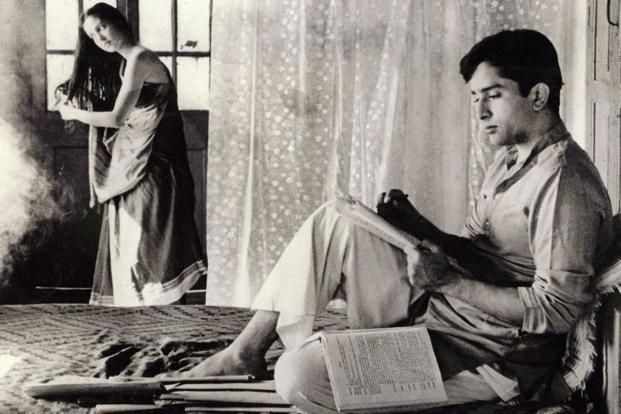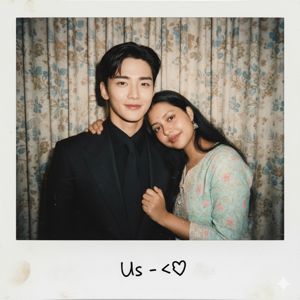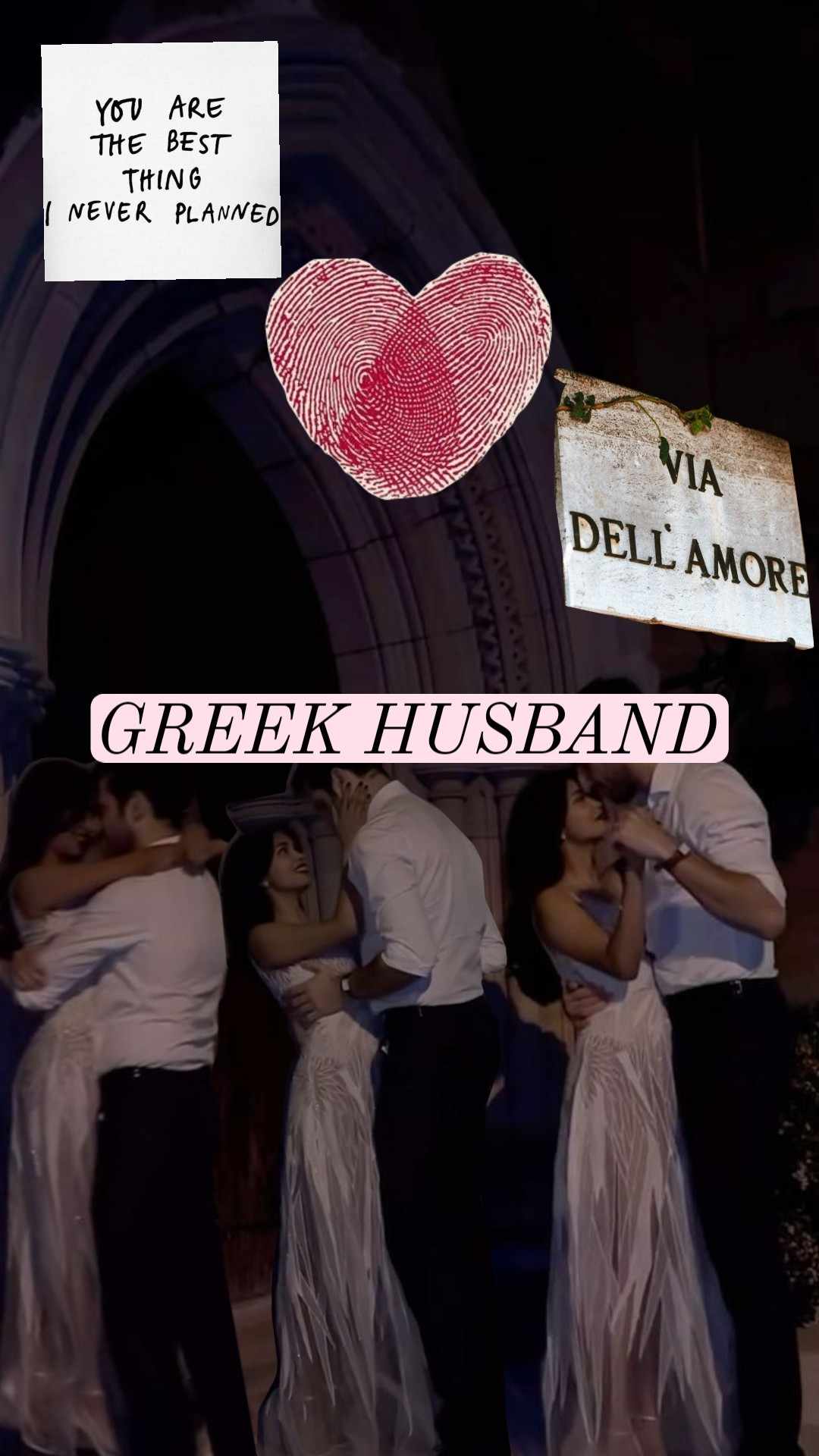
A year later, 1947
Things were going well. Freedom was on its way. Their life were all for their family and country. The world turned quieter—and louder—all at once.
In the north, voices rose. Strikes flared. The Union Jack trembled on walls it once owned.
Freedom wasn't coming.
It was here.
And in their little house by the sea—where fish hung drying in the sun and children ran barefoot through monsoon puddles—life bloomed soft and wild.
Conrad, now 3 and a half, chattered in Tamil better than English—called his father "Appa" when he thought no one was listening.
Dev grew strong—plump fists grabbing at jasmine garlands, laughing as Siya twirled him under mango trees.
She still slipped away sometimes—her sari wrapped tight, basket in hand—to heal rebel wounds or pass letters beneath coconuts at market. And he?
He let her go.
Because this wasn't controlled.
This wasn't power.
It was trust.
One evening—as dusk bled gold into black—he found her sitting on the sand with both boys asleep against her lap—one breathing fast, one slow—the rhythm of peace itself.
"We made it," she whispered, not looking up. "They're free already."
He sat beside her, not speaking for a long time.
Then:
"No."
"We're free."
And as a ship passed far beyond the waves—its unrecognisable now—he leaned down and kissed her temple...
Just as another nation began to breathe.
It was 1949
An Independent India for 2 years now.
There was tension in his family. Theodore's parents wrote a letter to him to come back to London as his father was severely ill.
The letter lay on the table—creased from travel, sealed with wax that once belonged to a world he'd abandoned.
Two years of independence.
Two years of peace by the sea.
Two sons who knew India as free, not fought for, but lived in.
And now—this.
His father is ill. They said. The estate is empty without an heir. His mother's handwriting was shaky for the first time: "Come home, Theodore."
He read it once.
Then again.
Sat in silence as Siya stirred chai beside him, Dev on her hip and Conrad building sand castles outside through the open door.
"Appa!" Conrad called, "Look! Big fort!"
He smiled faintly—but it didn't reach his eyes.
Siya sensed it at once.
She set the cup down before him—steaming, fragrant—and sat quietly beside him.
"You don't have to go."
Her voice was soft.
"But if you must... I'll come with you."
He looked at her—really looked—and saw everything:
The rebel.
The mother.
His wife.
"They want me back not because they miss me," he said slowly, "but because they still think I belong to them."
A pause.
"I told them I was dead when we left."
"Let me stay that way."
But then—he reached for her hand:
"I'll write my mother tonight."
Not "I'm coming."
But "I love you."
Because his home wasn't London anymore—
It was here:
In a child's laugh.
In salt-stained clothes.
In a woman who held freedom like fire... and gave it to their sons one lullaby at a time.
"No, Theodore. We got what we wanted, free life; my country got freedom. I tasted two years of free India. Now, as a son, it's also your duty not to leave your old parents alone. We should go."
He looked at her—truly looked—and saw not just his wife, but the compass of his soul.
Wind stirred through the open door. Dev giggled in the sand. Conrad was naming his fortress "Norman Fort" with proud authority.
And still, her words settled deep.
Not command.
Love.
A woman who had given up everything—her name, her safety, even silence—for freedom... now asking him to go back? To face the world, he fled?
"You'd leave this?" he asked quietly. "The sea? The quiet? Our life?"
She turned to him—eyes soft as dawn.
"I fought for a country that lets sons return to their mothers."
A pause.
"Just as it lets daughters fight."
Then she smiled—small, sure.
"We don't run now. We walk. Together."
He closed his eyes.
His father's face came back—not stern lord—but trembling hands holding baby Conrad before they left India years ago. A whisper: "Take care of my grandson."
And his mother... writing letters, no reply ever reached...
When he opened his eyes again, he was no longer afraid.
"Then we go," he said, voice low and firm.
"Not as Lord Norman fleeing rebels..."
"But as Theodore—the man who chose love over empire."
He pulled her close—one arm around her waist, Dev between them, smiling blindly into the sun.
"We'll take them both," he murmured, "and show your free India... to my England."
And for the first time in years—
He began packing not for escape...
But for homecoming.
"The world had forgotten them — until this letter remembered."
Do you think the palace has forgiven them... or is this a trap? 👑
Is this the beginning of reconciliation... or another war? ⚔️



Write a comment ...